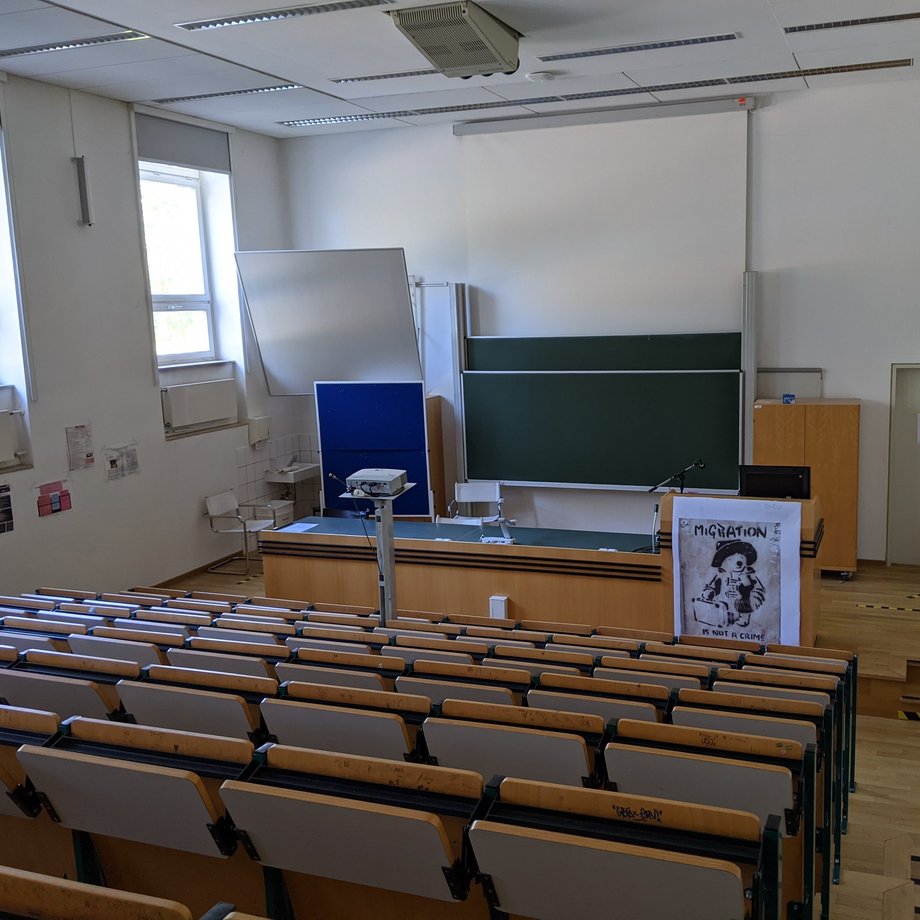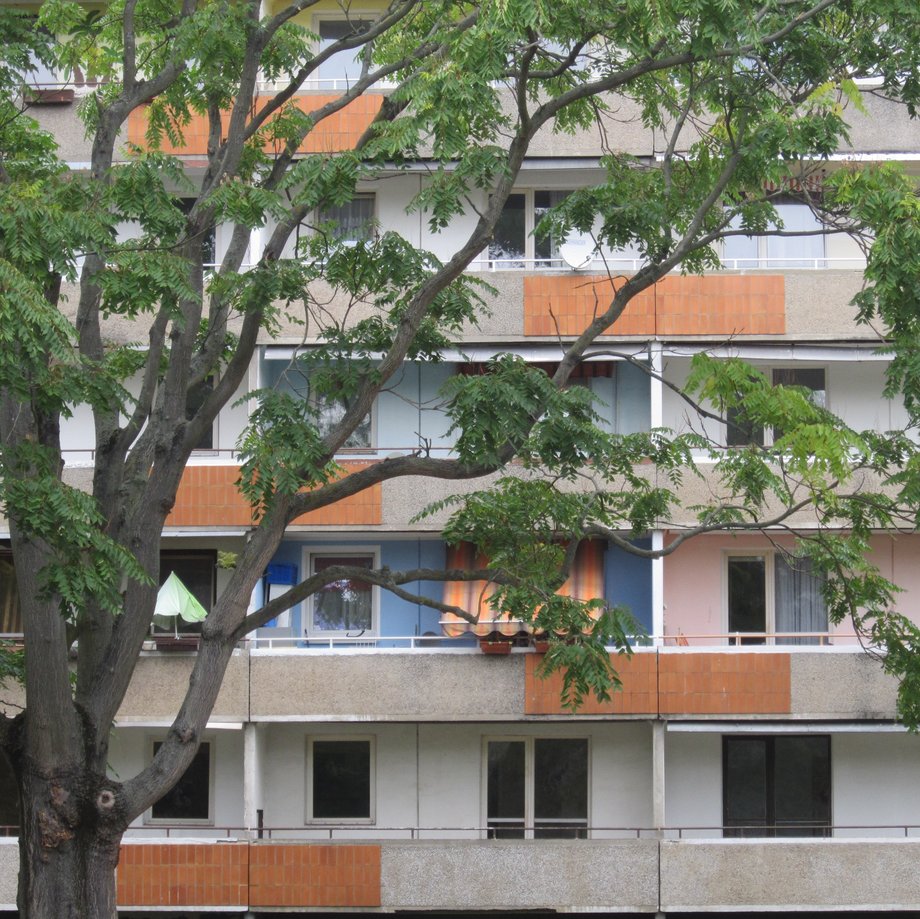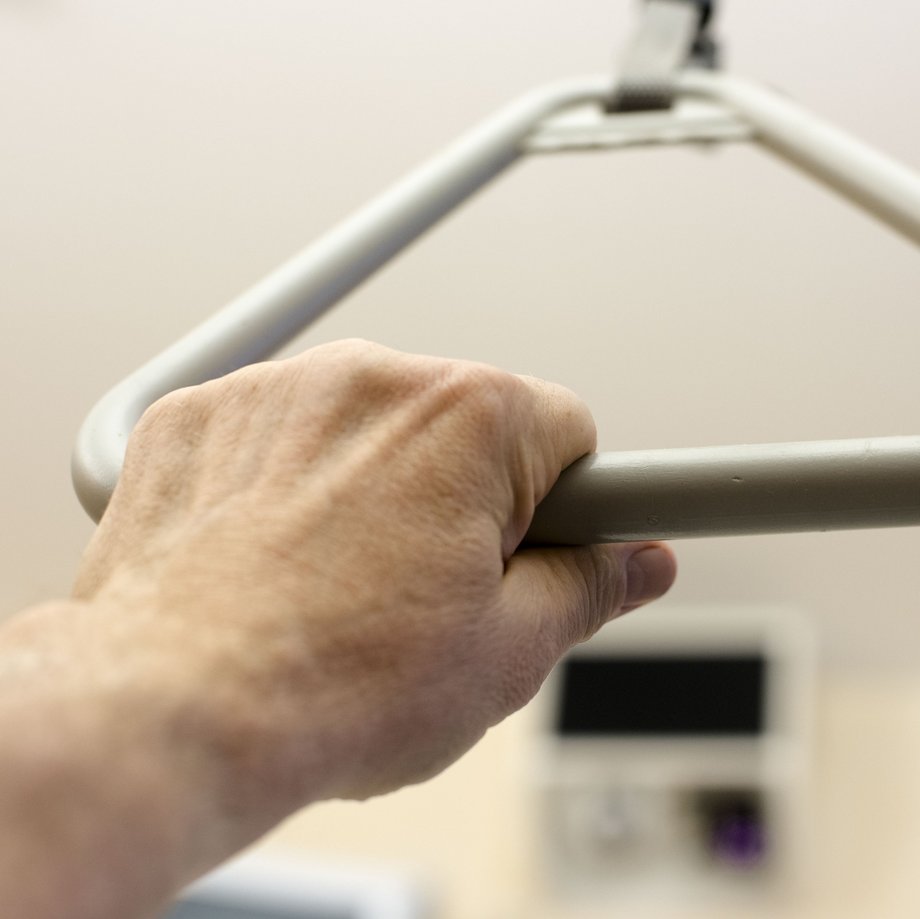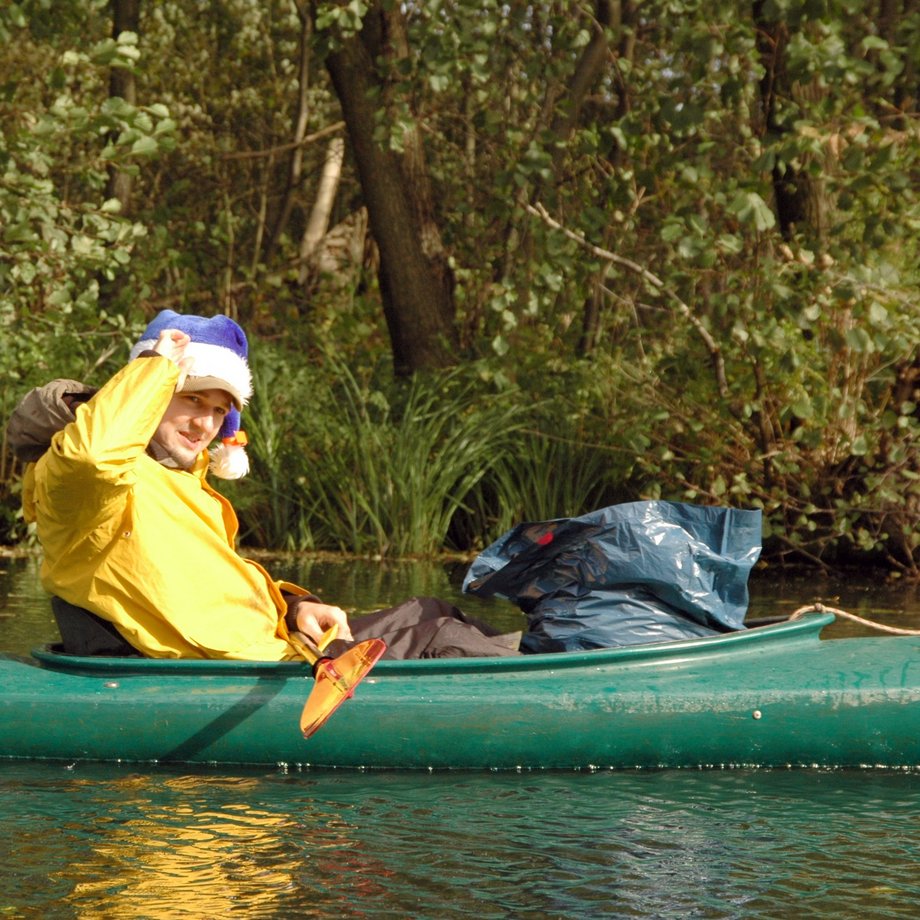




Qualification concept
The doctoral phase is supported and complemented by a related study program in a three-year cycle. The Graduate College qualifies the participants with the necessary professionalization of social workers, health-related and nursing professions, in particular for management and teaching activities that are associated with an increased proportion of scientific work, including in welfare agencies, administration, youth and social welfare offices, foundations, but of course also the colleges and universities of the state of Brandenburg with their research focus in social, health and educational science courses. With the thematic focus of the college, the graduates are highly qualified for the structural conditions in the state of Brandenburg and its specific requirements.
The core of the qualification within the framework of the College is the monthly colloquium. Here, the doctoral students are supervised and advised, scientific questions and research methods are discussed, and work is done on empirical material.
In order to ensure the quality of the doctorates, qualification offers are not only designed within the framework of a structured Graduate-program with regard to different methodological approaches of qualitative research, but also for the theoretical reflection of the current scientific discourse. This takes into account the fact that doctoral students are primarily graduates of application-oriented degree programs who need opportunities to deepen and expand their research skills. The focus is on qualitative research in a broad range of social, health and educational science topics. In the planned modular structure, the focus is on basic seminars to convey technical fundamentals as well as in-depth seminars, such as training courses on the collection, securing, processing and sustainable provision of research data as well as training courses on the teaching of the rules of good scientific practice, as compulsory elective courses. At the same time, it is important to strengthen an intersubjective exchange process in the research process, formalized not only in the context of a regular colloquium but also through informal peer-to-peer formats (e.g. intensive workshop). In addition, participation in national and international conferences is planned for the presentation and defense of the research work in the context of professional discourse. The co-organization of workshops, conferences and publications offer the PhD students additional experience in science management and networking. With this in mind, the following college-specific courses will be offered within the proposed graduate program:
- Research colloquium: discussion and further development of working hypotheses and state of research
- Introduction and in-depth study of transformation research
- Introduction and in-depth study of community work approaches from a social and health perspective
- Seminars on the teaching of good scientific practice
- Introduction and in-depth study of migration research
- Introduction and in-depth study of research of right-wing extremism
- Methodological in-depth seminars on qualitative research methods: video interaction analysis, documentary method, grounded theory, biographical narrative analysis
- In-depth seminars on the practice of data collection: for example, biographical interview, group discussion, etc.
- Peer-to-peer formats: Promotion of topic-specific intensive workshops/disputation workshops for the habitualization of academic practices, organization of a writing workshop, participation in interdisciplinary publications, participation in master's seminars as part of the "Teaching and Research Assistantships" concept.
- Career development: active support from the Graduate College through seminars on the practice of publishing, participation in the organization of conferences and events, and participation in international and national conferences on specific topics.
The application-oriented courses of study within the framework of the Brandenburg University of Technology Cottbus-Senftenberg can use the supplementary offers from the teaching program of the Graduate Research Center (GRS) as a location advantage. In addition, external offers expand the topics according to content-related needs and to ensure the quality of research practice: Within the framework of the planned formats for reflection on current scientific discourse and the lecture series, the integration of visiting scientists from Germany and abroad as well as non-academic institutions related to the research question of the Graduate College into the research and study program is planned. Direct links to the research program of the Graduate College can be established, among other things, due to the long-standing cooperation with universities in Poland and Romania, for example, which are concerned with comparable topics.
